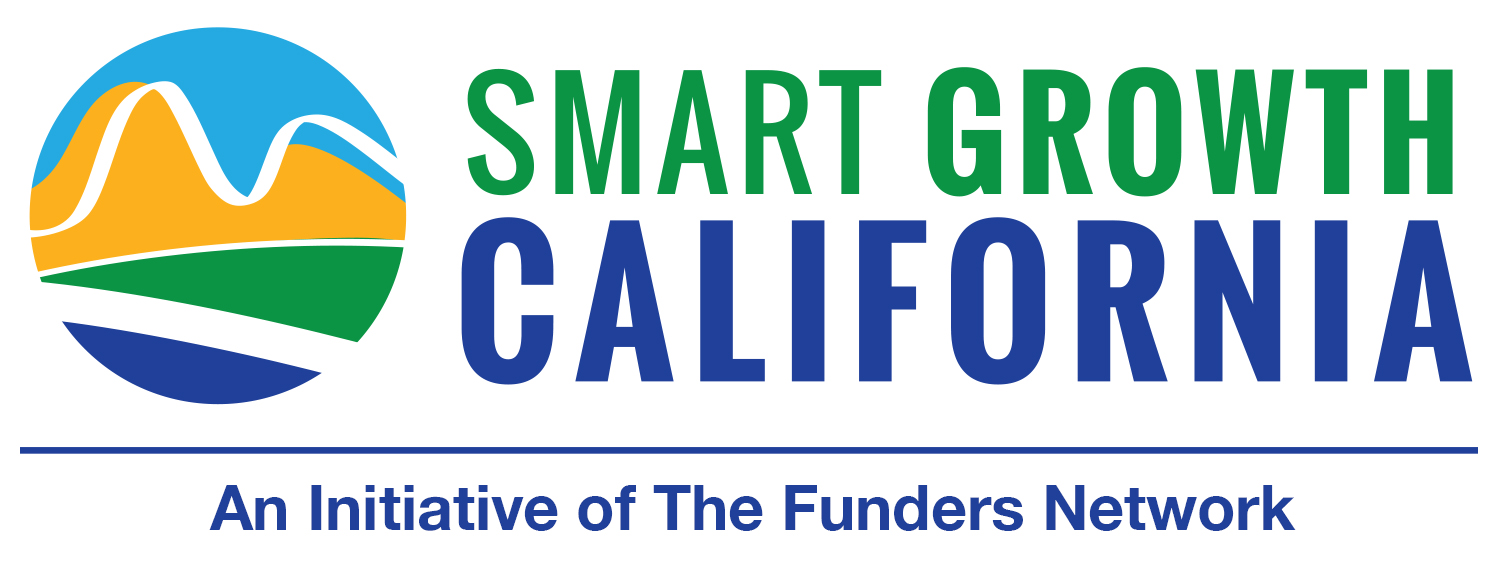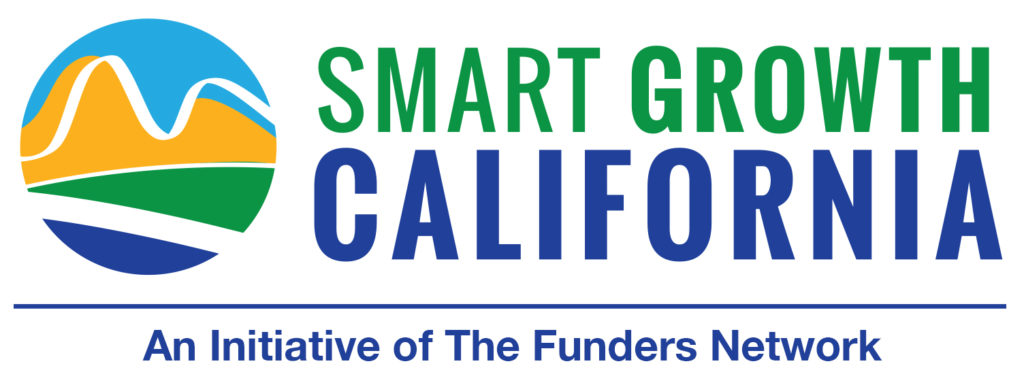This report looks at how “building for resilience” to protect buildings and sites from increasing climate change risks makes business sense.
Projecting Trends in Severely Cost-Burdened Renters: 2015-2025
This white paper projects how many households would be severely rent burdened by 2025 given demographic trends and differing assumptions about real changes in income… Read More »
New Climate for Transportation: How the City of San Diego and SANDAG Must Improve Transportation to Meet Climate Goals
Projections by the San Diego Association of Governments (SANDAG) show that it is mathematically impossible for the City of San Diego to achieve its transit and active… Read More »
Grading California’s Rail Transit Station Areas
This report analyzes California’s transit stations to see which serve as hubs of thriving, walkable areas that support high levels of ridership — and which station… Read More »
California’s Climate Investments: 10 Case Studies Reducing Poverty & Pollution
This report examines 10 projects in underserved communities in California: nine that have been funded by and one that is eligible for funding from the state’s… Read More »
California Innovation and Meeting the Water Challenge
This report looks at California’s water usage trends and then focuses on innovation in the water industry and how it can shape the future of… Read More »
Land Use and Municipal Budgets: The Fiscal Connection
Municipalities across the United States are struggling with the fiscal burden of expenditures for infrastructure and services that are higher than necessary because of inefficient… Read More »
Planning for a More Resilient Future: A Guide to Regional Approaches
This report summarizes the growing body of research on resilience from disasters (both natural and human-induced) and examines current thinking on regional resilience.
Resilience for Free: How Solar+Storage Could Protect Multifamily Affordable Housing from Power Outages at Little or No Net Cost
This report finds that solar power with battery backup storage systems can reduce operating costs in affordable housing and even generate revenue in some markets.
Promoting Opportunity through Equitable Transit-Oriented Development (eTOD): Barriers to Success and Best Practices for Implementation
This report shows how equitable transit-oriented development can bring a range of benefits to the neighborhood and broader regional economy, the environment, municipal finances, public health,… Read More »

